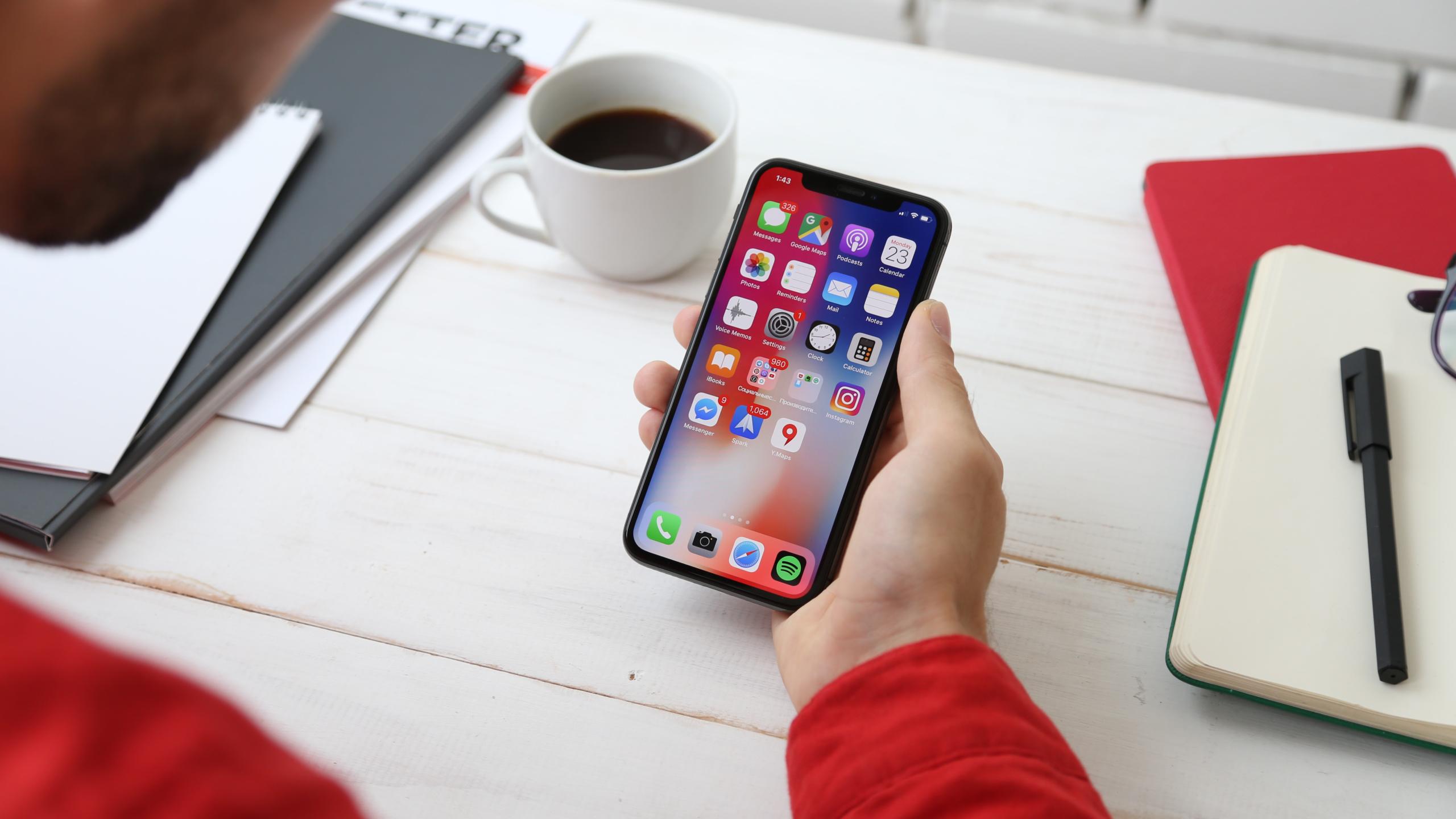- Savage M. Poll reveals scale of ‘home alone’ Christmas in the UK this year [Internet]. The Guardian. 2020 [cited 2020 Dec 16]. Available from: http://www.theguardian.com/society/2020/dec/05/poll-reveals-scale-of-home-alone-christmas-in-the-uk-this-year
- Passmore HA, Holder MD. Noticing nature: Individual and social benefits of a two-week intervention. The Journal of Positive Psychology. 2017 Nov 2;12(6):537-46. Available from: https://people.ok.ubc.ca/hapassmo/pdfs/014_Noticing-Nature_Passmore-Holder_JPP.pdf
- Sklar J. ‘Zoom fatigue’ is taxing the brain. Here’s why that happens. [Internet]. National Geographic. 2020 [cited 2020 Dec 16]. Available from: https://www.nationalgeographic.com/science/2020/04/coronavirus-zoom-fatigue-is-taxing-the-brain-here-is-why-that-happens/
- Yarnell LM, Neff KD. Self-compassion, interpersonal conflict resolutions, and well-being. Self and Identity. 2013 Mar 1;12(2):146-59.
- Kirby JN, Laczko D. A randomized micro-trial of a loving-kindness meditation for young adults living at home with their parents. Journal of Child and Family Studies. 2017 Jul 1;26(7):1888-99.
- Sherman JE. The Secret to Happiness and Compassion: Low Expectations [Internet]. Psychology Today. 2014 [cited 2020 Dec 16]. Available from: http://www.psychologytoday.com/blog/ambigamy/201408/the-secret-happiness-and-compassion-low-expectations
- James C, Davis K, Charmaraman L, Konrath S, Slovak P, Weinstein E, Yarosh L. Digital life and youth well-being, social connectedness, empathy, and narcissism. Pediatrics. 2017 Nov 1;140(Supplement 2):S71-5.
- Handmade Creativity Makes You Healthier & Happier [Internet]. Scrapbook.com. [cited 2020 Dec 16]. Available from: https://www.scrapbook.com/articles/crafting-makes-you-healthier-and-happier
- Bateman J. This hobby could make you happier and ease anxiety [Internet]. Prima. 2016 [cited 2020 Dec 16]. Available from: http://http://www.prima.co.uk/diet-and-health/healthy-living/a35739/craft-boost-happiness-ease-anxiety/
- Briñol P, Gascó M, Petty RE, Horcajo J. Treating thoughts as material objects can increase or decrease their impact on evaluation. Psychological science. 2013 Jan;24(1):41-7.
- Young K. The Importance of Pleasure - Psyched in San Francisco [Internet]. Psyched In San Francisco. [cited 2020 Dec 16]. Available from: http://www.psychedinsanfrancisco.com/the-importance-of-pleasure/
- Make Kindness The Norm [Internet]. Random Acts of Kindness. [cited 2020 Dec 16]. Available from: https://www.randomactsofkindness.org/the-science-of-kindness
- Otake K, Shimai S, Tanaka-Matsumi J, Otsui K, Fredrickson BL. Happy people become happier through kindness: A counting kindnesses intervention. Journal of happiness studies. 2006 Sep 1;7(3):361-75.
- Amabile T, Kramer S. The progress principle: Using small wins to ignite joy, engagement, and creativity at work. Harvard Business Press; 2011.











